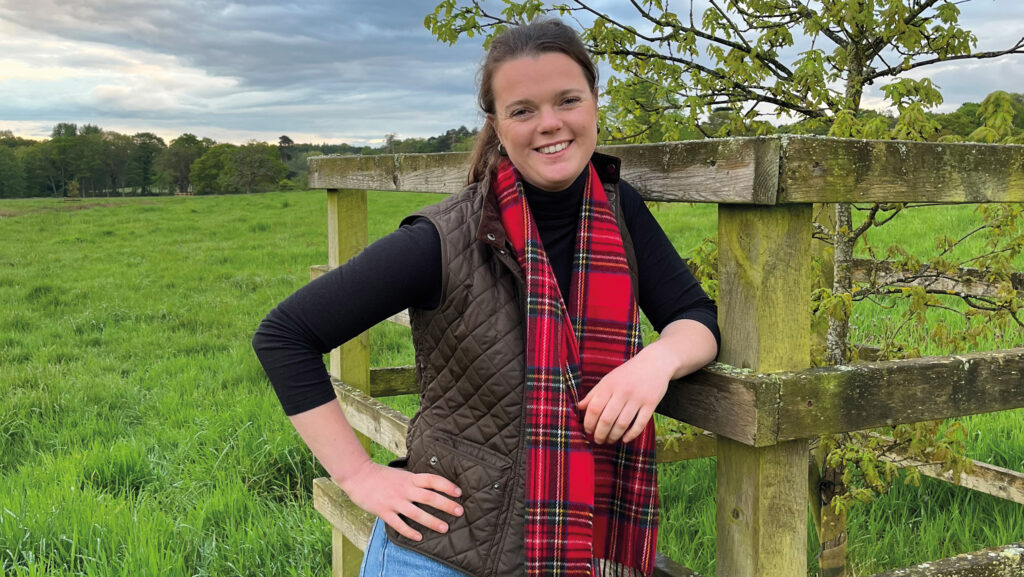5 lessons learned from a farming cluster
 © Supplied by Molly Biddell
© Supplied by Molly Biddell Farmers in the UK have not always been known for their love of collaboration.
Unlike the French, we’re not super into co-operatives, and we have a historical flair for undercutting each other on price.
However, this is changing. Cluster groups have typically been created by farmers wanting to deliver environmental benefits.l
See also: Molly Biddell – every farmer needs an ecologist
The rise of the farmer cluster movement over the past decade is really exciting. I have the privilege of facilitating our local one.
Here are a few of the things I’ve learned so far:
- All clusters are different. There will never be a one-size-fits-all – each has its own context, objectives, personalities, perspectives, politics and ambition. That is what makes them so powerful.
- Clusters are multipurpose. A dynamic group fosters shared learning, achieving results at landscape scale, unlocking group funding, and, critically, coming together to catch up – energising and empathising with each other.
- We need to support facilitators. Facilitating is no easy task – you have to be a logistical queen (or king), able to corral herds and complete mind-numbing claims forms. You also need to be a listener, diplomat and innovator. You need to inspire, empower, and ensure everyone’s voice is heard. I’d like to see a career path plotted for cluster facilitators, supported by our sector as a professional job. I see a future in which we will need more facilitators, so it makes sense to invest in these roles now.
- They must be farmer-led. Clusters will lose their power if they become talking shops for well-meaning environmental organisations. Yes, we need as many perspectives as possible, but clusters have to be driven by those who manage the land.
- Food is critical for collaboration. Cluster meetings are always a success if there is a good hot meal, ideally in a local pub with free-flowing tea, coffee and (if only Defra would fund it) beer.
See more

